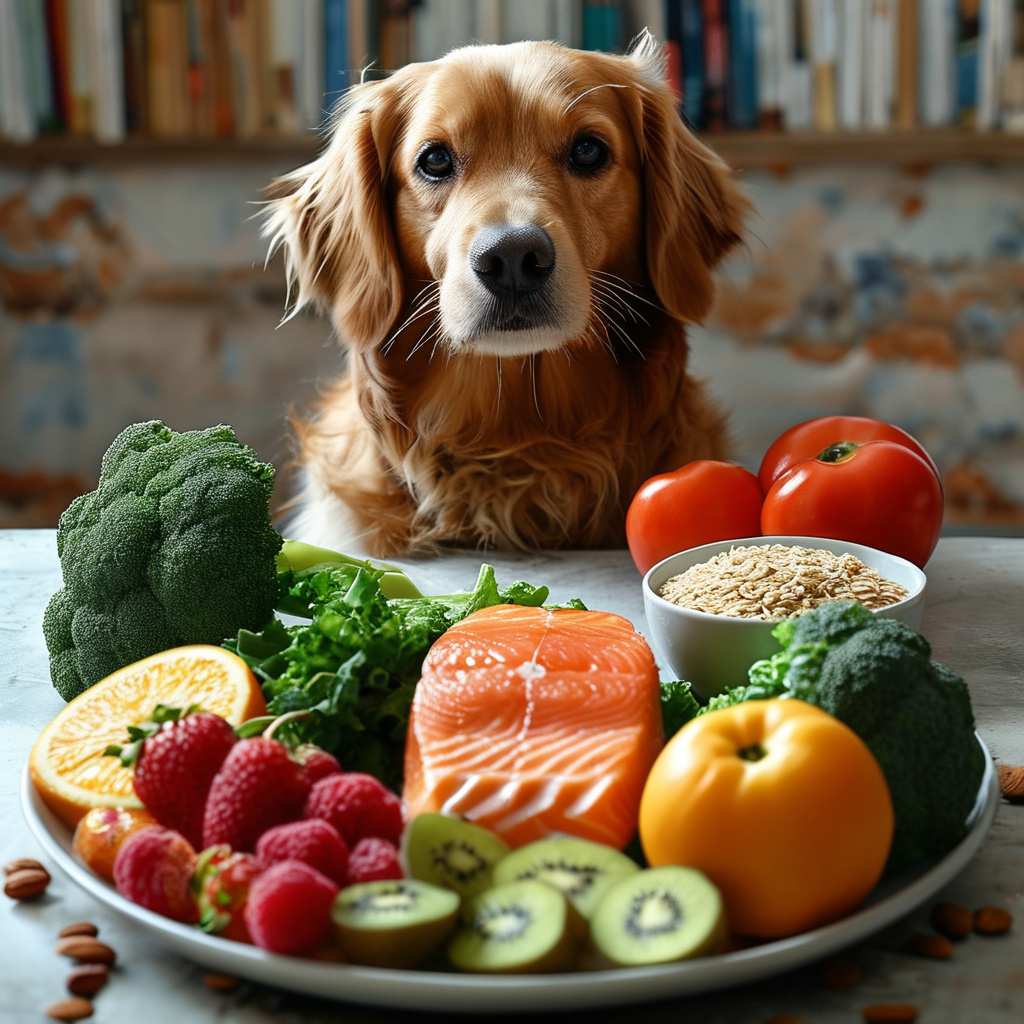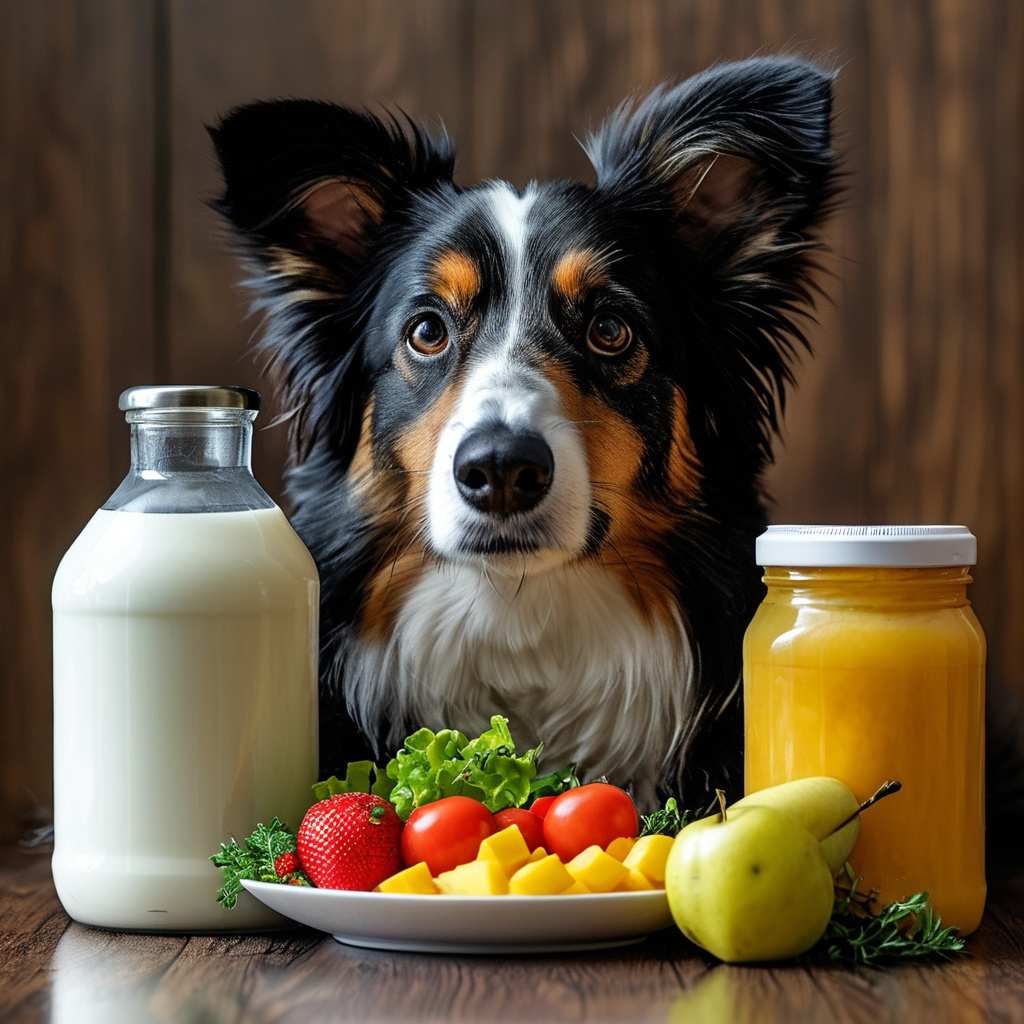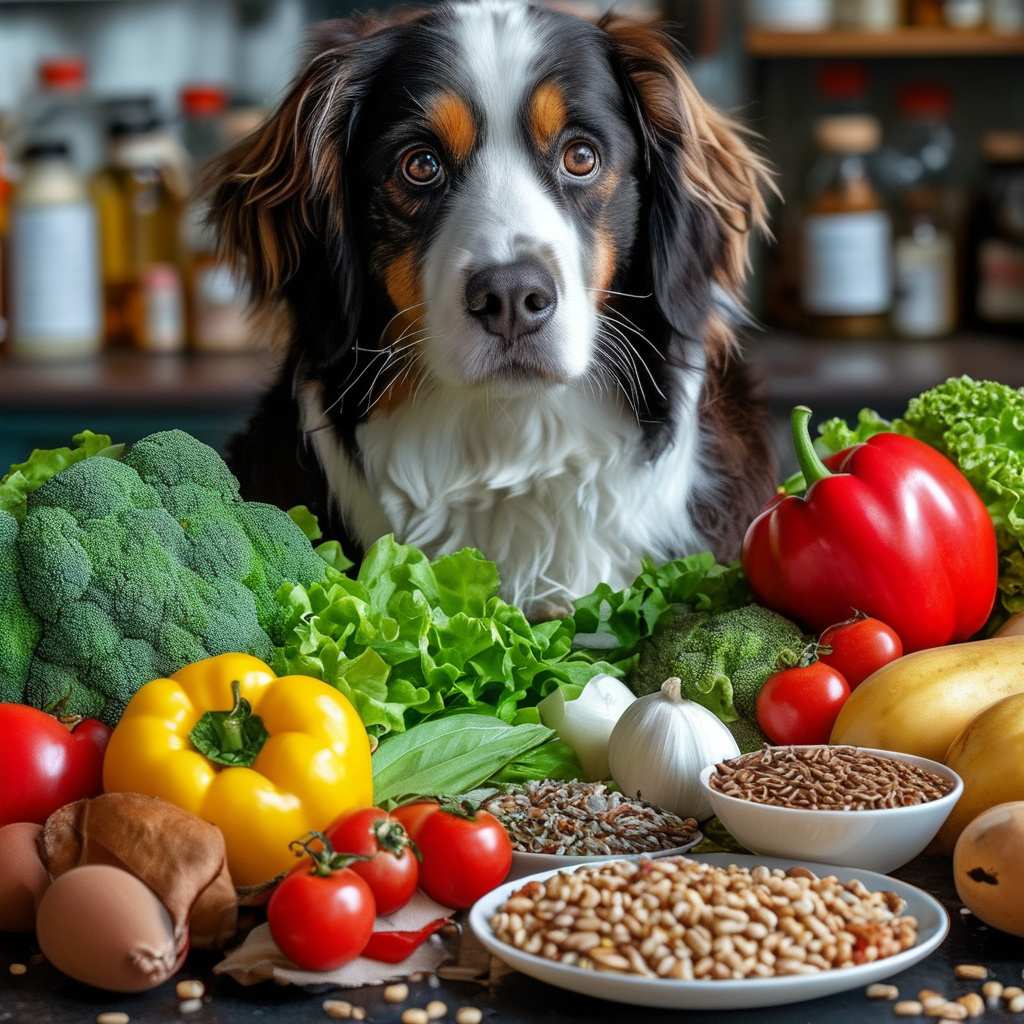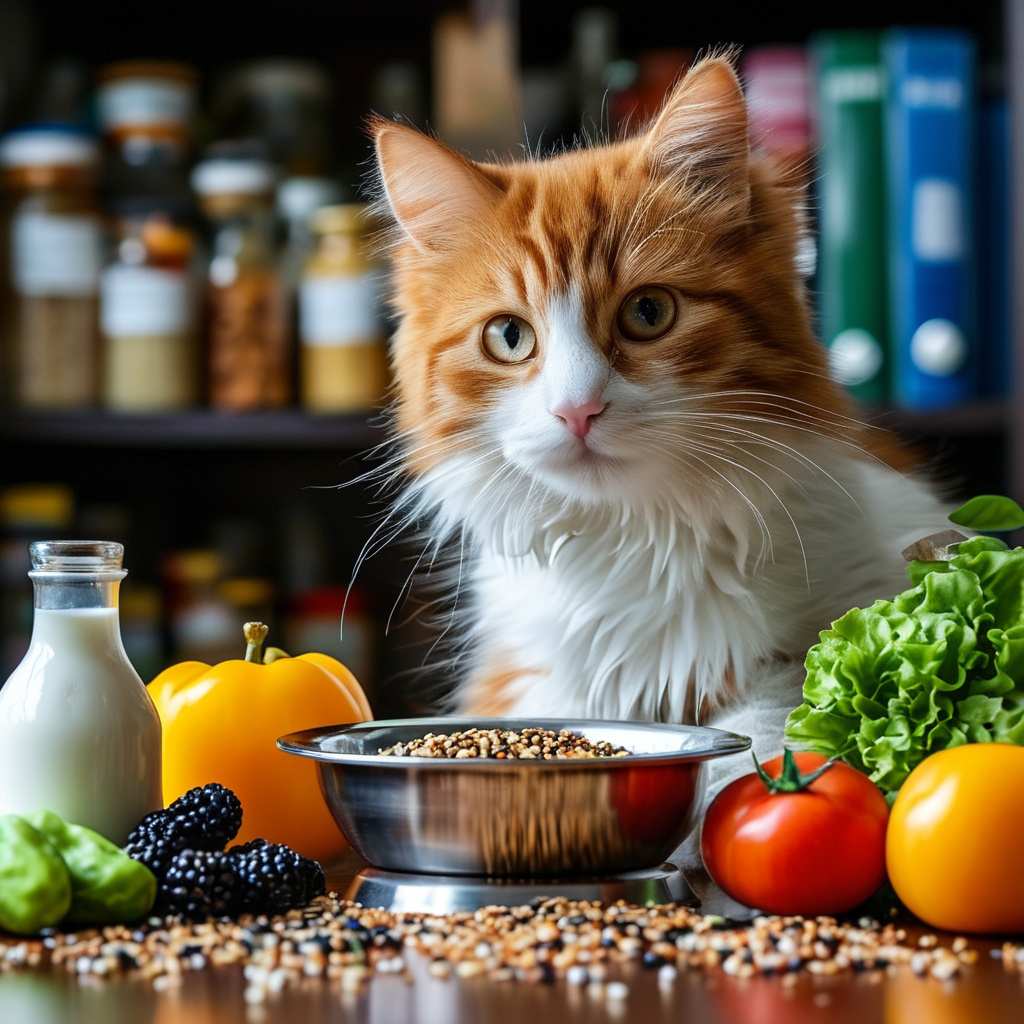
Introduction
Veterinary diets play a crucial role in managing specific health conditions in animals. Unlike regular pet food, these diets are carefully formulated to aid treatment, reduce symptoms, or slow disease progression when complete recovery isn’t possible. They follow strict manufacturing guidelines, avoiding unnecessary additives that could cause intolerance or interfere with treatment. However, veterinary nutrition is typically not meant for lifelong feeding. To achieve the best results, consistency and consultation with a vet are essential. This article explores how veterinary diets differ from normal pet food, the importance of quality control, and why expert guidance is critical when managing your pet’s health.
Related Post: Essential Tips for Creating a Happy and Healthy Home for Your Hamster
It’s not unusual for a vet to recommend a veterinary diet when treating an animal.
What’s the main difference between this type of diet and “normal food”?
 Therapeutic or healing process-related diets are so complex that they help treat or slow the disease if a complete cure isn’t possible. Medical diets usually contain well-known ingredients, and manufacturers avoid enriching the food to reduce the risk of intolerance and the risk of error by the person prescribing a particular diet. The ingredients and the finished product are both subject to very strict controls. Manufacturers also wait to make changes to the composition until there’s new scientific evidence to support them.
Therapeutic or healing process-related diets are so complex that they help treat or slow the disease if a complete cure isn’t possible. Medical diets usually contain well-known ingredients, and manufacturers avoid enriching the food to reduce the risk of intolerance and the risk of error by the person prescribing a particular diet. The ingredients and the finished product are both subject to very strict controls. Manufacturers also wait to make changes to the composition until there’s new scientific evidence to support them.
Related Post: Everything You Need to Know About the Lively and Lovable Miniature Schnauzer
It’s also important to note that these feeds are manufactured for animals with a specific disease. Feeding an animal a veterinary diet is a great way to help eliminate the disease. We treat veterinary diets like we would medications.
Are the nutrients in veterinary nutrition balanced?
Related Post: The Power of Cuddling: Building Bonds Between Humans and Animals
 The answer is both yes and no. Veterinary nutrition isn’t meant to be a lifelong diet, but it can help with healing. In some cases, certain nutrients need to be reduced or eliminated and replaced with others if possible. For instance, feeding food to kidney patients and healthy animals can actually cause disease in healthy animals. This is true for most, if not all, veterinary foods, not just renal diets!
The answer is both yes and no. Veterinary nutrition isn’t meant to be a lifelong diet, but it can help with healing. In some cases, certain nutrients need to be reduced or eliminated and replaced with others if possible. For instance, feeding food to kidney patients and healthy animals can actually cause disease in healthy animals. This is true for most, if not all, veterinary foods, not just renal diets!
Sometimes, the person looking after the animal decides to stop the diet and switch to the normal diet. Unfortunately, this can sometimes have tragic consequences, so it’s always best to discuss this decision with the treating physician.
Related Post: Choosing the Best Dog Treats: A Guide to Healthy, Natural Options for Your Pet
Are all veterinary foods equally effective?
Unfortunately, it’s not a simple case of black and white. All food, including animal feed, should be subject to rigorous controls at every stage of production. Unfortunately, with new companies entering the market all the time, there’s no way to guarantee the quality of their products. When it comes to choosing a veterinary diet, it’s usually best to stick with well-known companies. Sometimes, the phrase “small family business” can be a red flag for “no independent laboratory feed quality control.” And in the case of drug feeding, this could mean no progress on treatment.
 It’s also important to remember that a veterinary diet can support the treatment process, but in most cases, the diet alone won’t eliminate the problem. It’s still important to keep an eye on the treatment plan, take the prescribed meds, and, if you’re treating obesity, get some exercise. Unfortunately, even the best karma can’t work miracles in this situation.
It’s also important to remember that a veterinary diet can support the treatment process, but in most cases, the diet alone won’t eliminate the problem. It’s still important to keep an eye on the treatment plan, take the prescribed meds, and, if you’re treating obesity, get some exercise. Unfortunately, even the best karma can’t work miracles in this situation.
It’s important to be consistent when using a veterinary diet. This means you can’t have a different meal in the morning and one in the evening just because you want to try something new. If you do that, it basically defeats the purpose of the pet food administration, and you might never see the results you’re looking for.
Finally, if you notice anything unusual about your pet while they’re on a veterinary diet, it’s a good idea to check in with your vet. We treat this diet like a drug, so we know it won’t go away on its own.
Conclusion
While veterinary diets can provide vital support for managing illnesses in pets, they are not a cure-all solution. Proper use, combined with medical treatment and expert advice, ensures the best outcomes. It’s essential to choose trusted brands with rigorous quality controls to avoid potential risks. Inconsistent feeding or switching between veterinary and normal diets may undo progress or even harm healthy animals. As with medication, maintaining a veterinary diet requires diligence, consistency, and regular veterinary check-ins to address any concerns and keep the treatment plan on track.
FAQs
- What is the primary difference between veterinary diets and regular pet food?
Veterinary diets are designed to manage specific medical conditions, while regular pet food is intended for general health and maintenance. - Can veterinary diets cure diseases?
In most cases, veterinary diets support treatment but don’t cure diseases on their own. They are part of a broader care plan that includes medication and lifestyle adjustments. - Are veterinary diets safe for healthy animals?
No, feeding veterinary diets to healthy animals can sometimes cause harm, as these foods are tailored for specific conditions with modified nutrient levels. - How important is consistency when feeding veterinary diets?
Consistency is crucial for achieving desired outcomes. Switching between veterinary and regular diets without professional guidance can disrupt treatment progress. - Why is it important to stick with well-known brands for veterinary diets?
Established brands follow strict quality controls, reducing the risk of compromised ingredients or manufacturing errors that could affect treatment. - Can I stop the veterinary diet once my pet seems better?
It’s essential to consult your vet before stopping a veterinary diet, as abrupt changes can sometimes cause relapses or worsen your pet’s condition. - What should I do if I notice unusual behavior or symptoms in my pet while on a veterinary diet?
Any unexpected changes should be reported to your vet immediately, as they may indicate complications or a need to adjust the treatment plan.
References:
- Hill’s Pet Nutrition – Veterinary Diets
- VCA Animal Hospitals – Veterinary Prescription Diets
- AAHA – The Importance of Veterinary Diet in Pet Health
- Nutro – Understanding Veterinary Diets
- PetMD – Understanding Veterinary Diets
- Waltham – Veterinary Nutrition Science
- American Veterinary Medical Association – Veterinary Diets